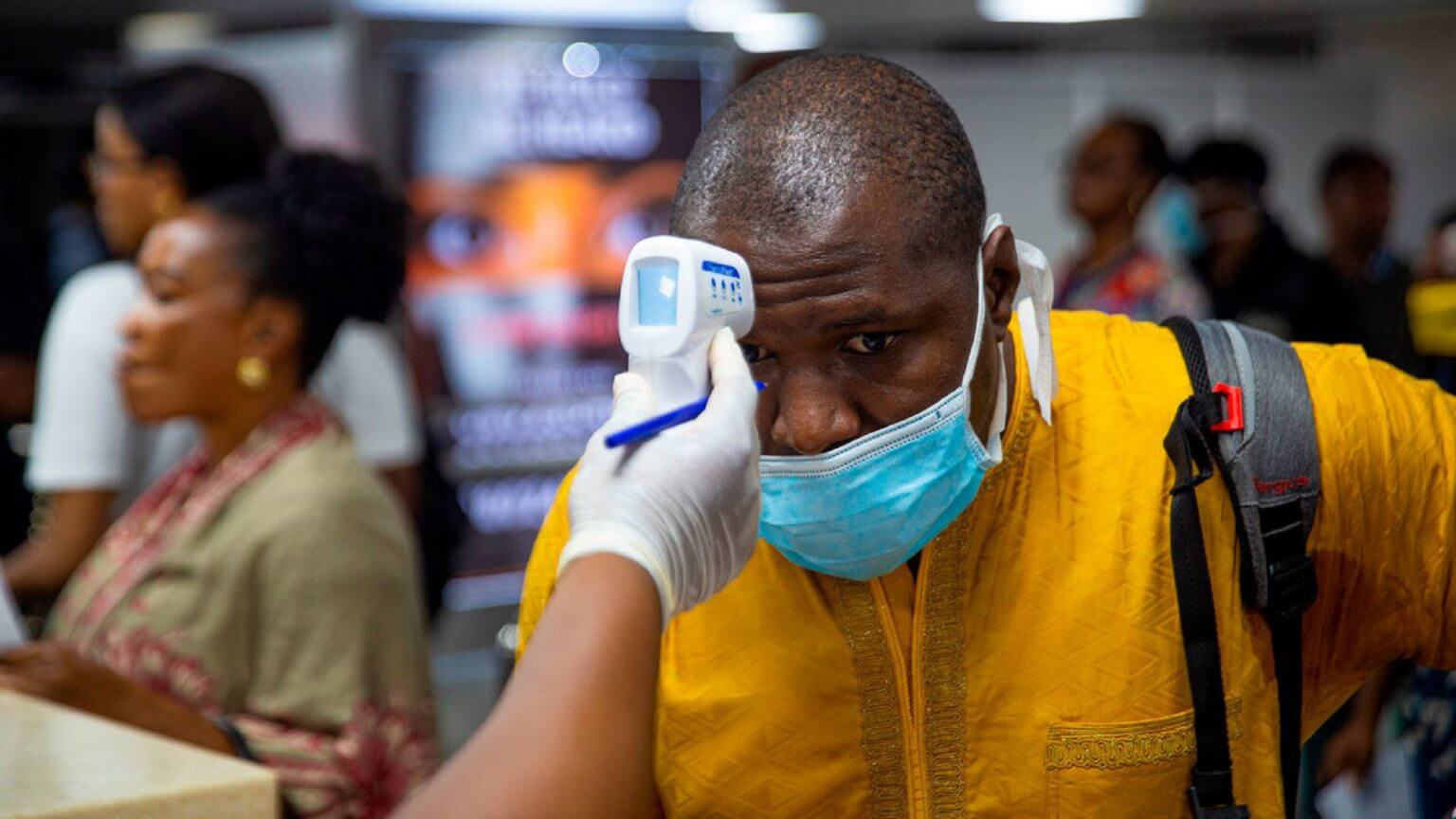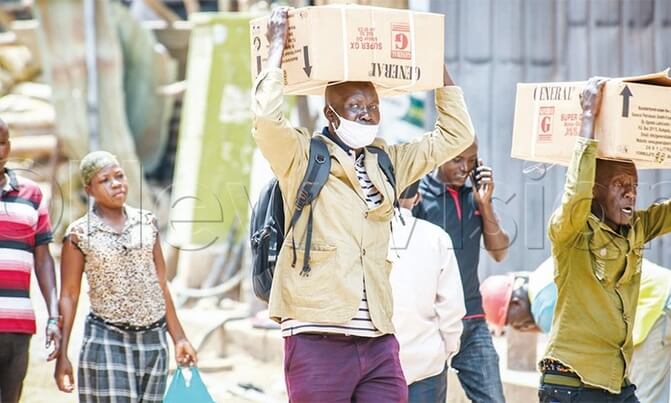he Democratic Republic of Congo has lifted the nationwide state of emergency that was declared in March to curb the spread of the coronavirus, after seeing a slowdown in the number of new infections and deaths. Commercial activities resumed Wednesday with banks, restaurants, and bars allowed to reopen while social gatherings and public transport also resumed, President Félix Tshisekedi said, in a phased reopening of the country that had shut its national borders as well. “The death rate has dropped from 11 percent to 2.4 percent. The mortality rate is on a decline this month of July,” the President Tshisekedi was quoted as saying by The EastAfrican. As of 2 am (WAT) Friday, DRC had recorded a total of 8,720 confirmed coronavirus cases, with 201 deaths and 5,105 recoveries. Only 14 out of the country’s 26 provinces have reported cases. Schools are to reopen from August 3, starting with learners in the final year of studies across all levels of education – primary, secondary, colleges, and universities. Reopening of places of worship, stadiums, performance halls including discotheques is expected to follow from August 15 but burial ceremonies remain prohibited. Interprovincial and international travel restrictions will end on the same day, with the reopening of ports of entry. The DRC will relearn how to carry on with normal life “while respecting the containment measures,” the Tshisekedi said, urging citizens to observe social distancing, washing and sanitizing of hands, compulsory wearing of masks in public places and regular disinfecting of places of activity....
DR Congo opens economy as coronavirus tensions ease
Posted on: July 28, 2020
Posted on: July 28, 2020























